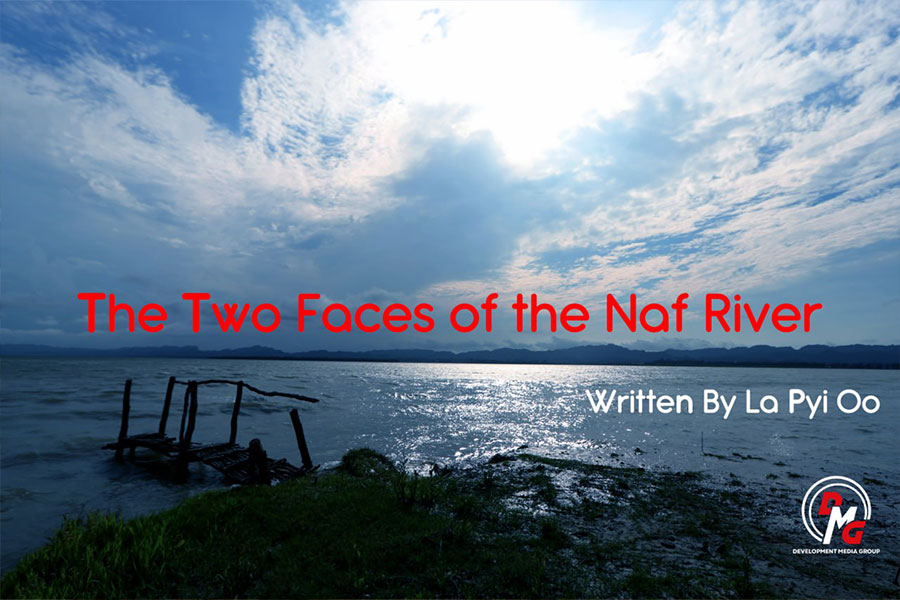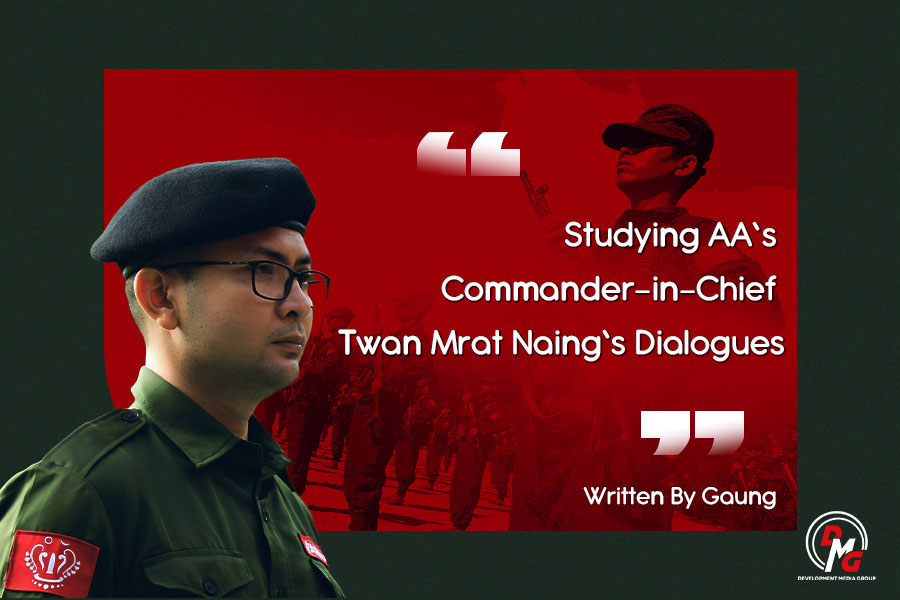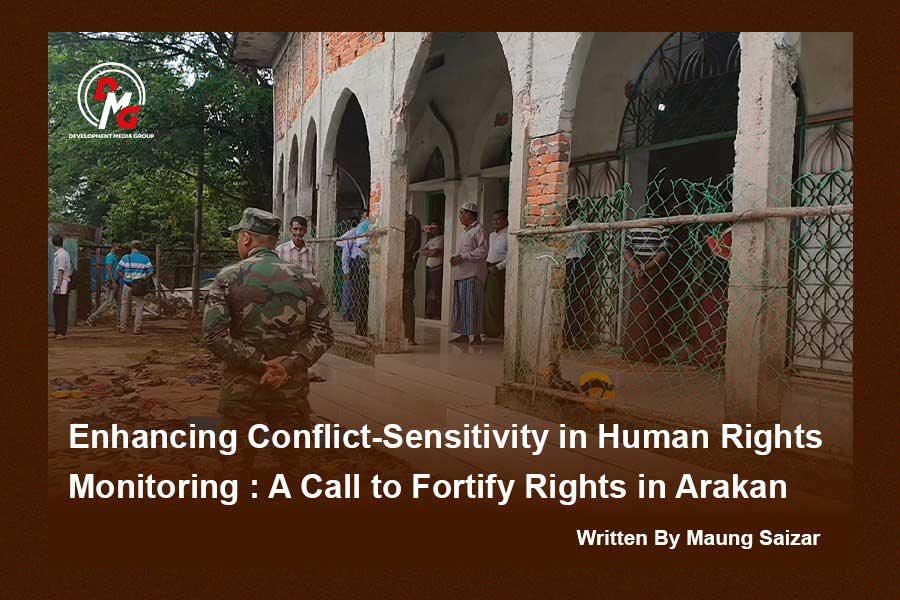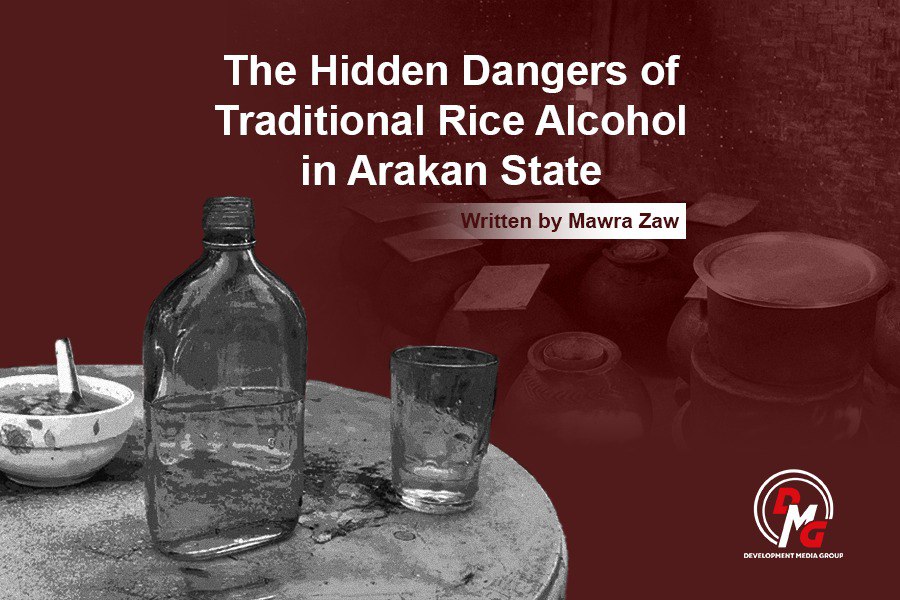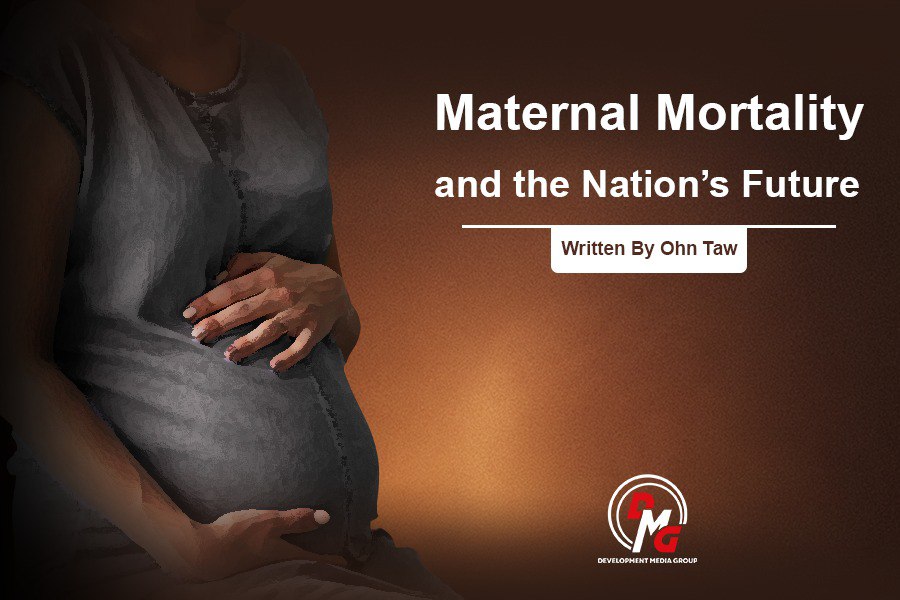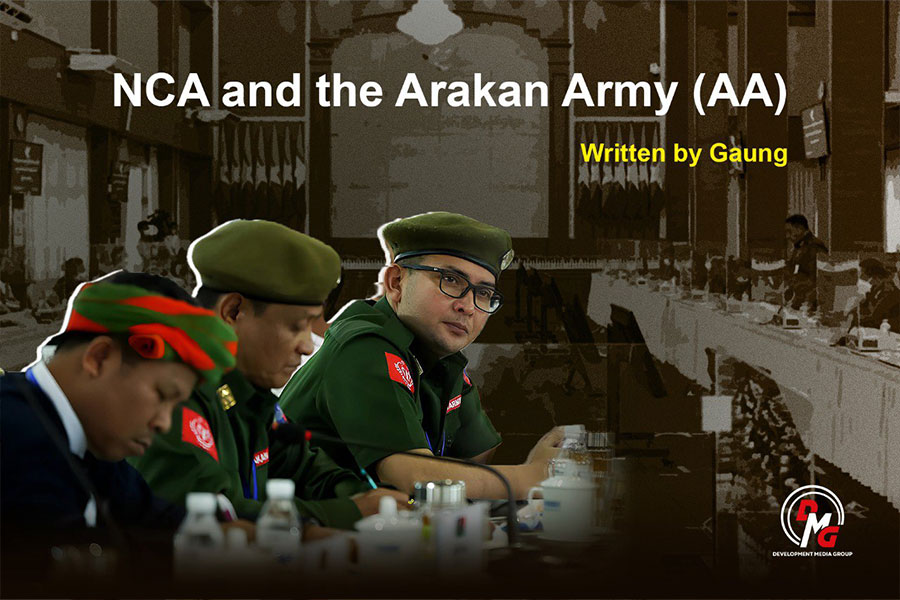- Fighting escalates between Myanmar military, Arakan Army in Ayeyarwady Region
- Regime steps up civilian arrests in Sittwe
- ULA safeguards Mrauk-U's ancient heritage
- Arakan on the Edge: What the DMG Landmine Impact Report Reveals About Myanmar's Deepening Humanitarian Crisis
- RNP chair U Ba Shein pledges renovation of Manaung Airport, solar plant
Narcotics, Narratives, and the Arakan Army
Observers say the junta is attempting to portray itself internationally as waging a war on narcotics while framing the AA as a criminal enterprise—thereby shaping global perceptions and complicating foreign relations for the AA.
28 Nov 2025
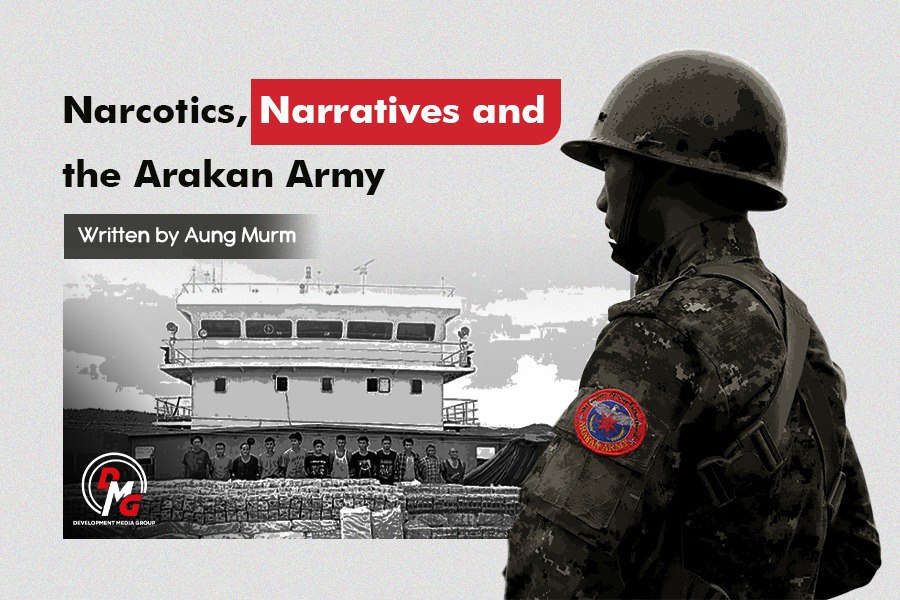
Written by Aung Murm
Myanmar’s current political landscape is saturated with mutual accusations and psychological warfare. Since the 2021 military coup, armed resistance groups and the Myanmar military (the junta) have continued fighting across multiple fronts, with the flames of conflict still burning intensely.
Beyond military offensives aimed at territorial and strategic advantages, all actors are also pursuing political legitimacy and struggling to undermine each other’s credibility—both domestically and internationally.
In this context, the junta is preparing to hold an election under its own control in an attempt to claim political legitimacy. Resistance forces, meanwhile, are not only attacking junta-held territories militarily but are also expanding administrative structures in captured areas—provoking intensified political attacks from the junta.
A notable example is the junta’s growing attempt to frame the Arakan Army (AA)—which currently controls 14 townships in Arakan (Rakhine) State, as well as Paletwa Township in Chin State—as a narcotics-linked organization. This appears to be a strategic political offensive rather than an ordinary accusation.
The Junta’s Accusations
The Myanmar military began accusing the AA of narcotics involvement long before the coup, coinciding with the AA’s rapid rise in strength. Under the National League for Democracy (NLD) government in 2015, the AA’s Deputy Commander Aung Mra Kyaw was arrested in Yangon, and a man living with him, U Wai Than Tun, was reportedly found with over 300,000 yaba tablets. The military then began asserting that the AA was involved in drug trafficking.
Political analyst Maung Tama argues that the AA’s unconventional approaches to conflict resolution create suspicion about whether it fully distances itself from narcotics networks: “AA handles issues based on the situation, not according to fixed norms. I have some doubts whether the AA is entirely clean of drug involvement,” he said.
In 2018, the NLD government and the military further alleged that the AA trafficked over four million methamphetamine tablets from December 2016 to November 2017.
According to the junta, narcotics travel from Shan State to Mandalay and Yangon before being transported into Arakan, and from there routed overland into Bangladesh and India, and via sea to Malaysia and Indonesia.
After the AA launched its Arakan offensive on November 13, 2023, the junta escalated its drug allegations. Within a month of the offensive, it claimed to have seized narcotics worth more than USD 24 million linked to the AA.
Throughout 2025, the junta repeatedly announced massive drug seizures allegedly tied to the AA—96 billion kyats in March, 8 billion in April, 300 billion in May, 260 billion in August, 170 billion in September, and 120 billion in November—despite suffering military defeats during the same period.
Observers note that since the AA, as an armed revolutionary organization, must finance its arms supply, questions naturally arise about its income sources. Some analysts argue that the AA cannot simply dismiss suspicions without clarifying how it funds its military operations.
Political researcher Ko Pyae Sone explains: “We don’t know whether the AA is involved in drug trafficking, but armed groups need money. The junta has both legal and illegal revenue streams. Ethnic armed groups don’t. So questions inevitably arise.”
The junta did not limit its accusations to domestic propaganda. It formally notified the governments of Bangladesh, Malaysia, and Indonesia, attempting to tarnish the AA’s reputation internationally. To an extent, this strategy has had some effect.
On September 15 this year, a Border Guard Bangladesh (BGB) official publicly alleged AA involvement in narcotics during a press conference.
The Arakan Army’s Response
The AA, for its part, asserts that it is combating narcotics inside its controlled territories. It has detained drug dealers in multiple townships. On August 30, AA forces arrested 11 drug dealers—including seven officers from AA’s own auxiliary law enforcement unit, DLEPS (Department of Law Enforcement and Public Security)—in Ponnagyun Township.
The AA has repeatedly stated its anti-narcotics stance and its willingness to cooperate with any government or organization.
United League of Arakan (ULA)/AA spokesperson U Khaing Thukha said in August: “We strongly oppose narcotics in all forms. We have no involvement. We are ready to cooperate with any government or international body in drug eradication.”
Moreover, the AA counters the junta’s accusations by alleging that narcotics, gambling, wildlife trafficking, and human trafficking are controlled by the junta itself: “These accusations are baseless political attacks by a terrorist military regime. Everyone knows that narcotics, gambling, tiger trafficking, and other illicit industries are run by the junta under Min Aung Hlaing,” U Khaing Thukha said.
AA Commander-in-Chief Major General Twan Mrat Naing also challenged the junta’s narrative in a September interview with The Irrawaddy (Myanmar edition): “If they can block every route from Karen State, who brings these drugs all the way to Yangon? Their accusations are strategic propaganda.”
In June, the Brotherhood Alliance burned seized narcotics worth over 300 million kyats at a checkpoint in Muse Township, northern Shan State. The AA has also destroyed Mitragyna speciosa (kratom) leaves—widely used as a drug by both adults and children in Arakan State—and banned cultivation in Arakan.
Analysts close to the AA acknowledge that while the lack of publicly verifiable information about AA’s revenue and weapons routes leaves an opening for accusations, this does not constitute proof of wrongdoing: “The junta uses the drug narrative because it’s easy and familiar. It’s a weakness for the AA because it can’t disclose its revenue streams. But that doesn’t mean the AA funds its struggle through drugs,” one analyst said.
Emerging Political Challenges
The junta’s strategic accusations have slowed certain aspects of the AA’s diplomatic progress. BGB’s September claim and Bangladesh’s restrictions on cross-border trade are likely consequences of this campaign.
Observers say the junta is attempting to portray itself internationally as waging a war on narcotics while framing the AA as a criminal enterprise—thereby shaping global perceptions and complicating foreign relations for the AA.
Political analyst Maung Tama explains: “This is a dangerous narrative. The junta is telling the world that the AA is a drug group while blocking trade routes such as the Paletwa–Mizoram corridor into India and cross-border trade with Bangladesh.”
Narcotics involvement can place organizations in violation of international law, leading to potential terrorist designation and major restrictions on political legitimacy.
Nevertheless, some analysts argue that if the AA can eventually demonstrate evidence disproving drug links, the accusations will fade: “Once the AA proves it has no drug ties, these accusations will disappear. For now, the weakness exists because it cannot present financial transparency during a revolution.”
Despite these challenges, public trust in the AA remains strong across Arakan and among the Arakanese diaspora around the world, and many believe the organization will continue improving governance structures and public services over time.




